As a Registered Dietitian Nutritionist, people regularly ask me whether or not to should buy organic products. My answer-to everyone's dismay-is not exactly straight-forward.
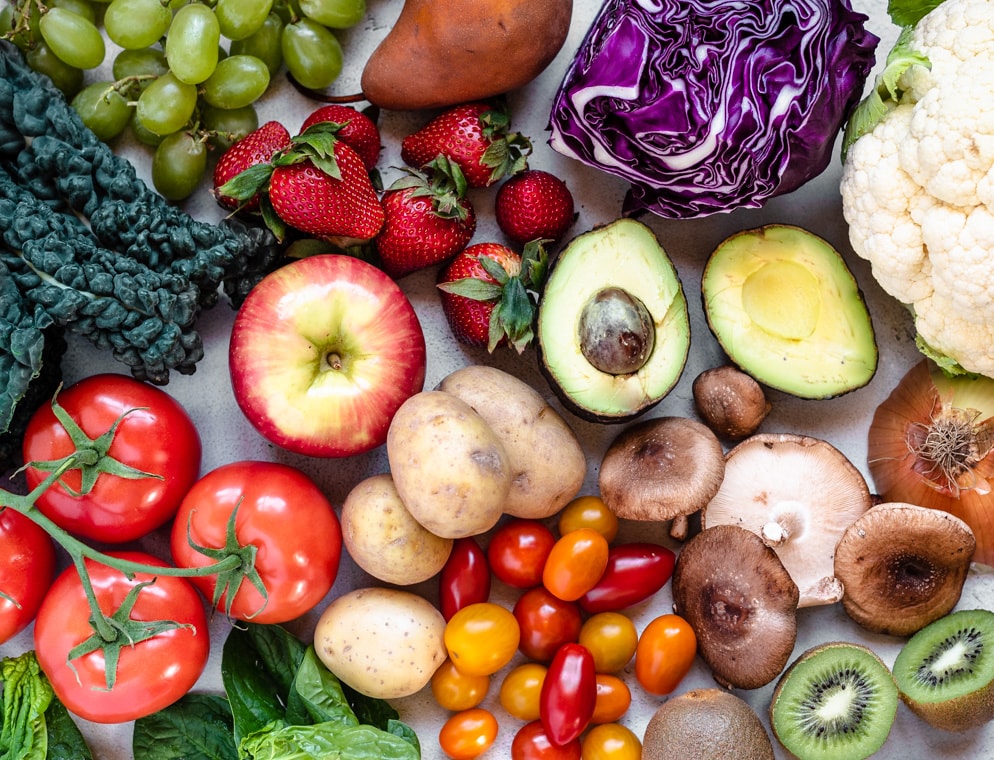
What does organic mean?
Organically grown crops are regulated by the USDA, and they're required to follow certain guidelines in order to maintain their organic label.
USDA Organic and Certified Organic labels inform us that 95% of the ingredients are certified organic. These foods are grown without synthetic pesticides, chemical fertilizers or dyes. They cannot be genetically engineered, nor processed with industrial solvents or irradiation.
To earn the label organic, farmers must follow a set of guidelines including...
- Ensure crop rotation, mechanical tillage and hand-weeding, cover crops, and use mulches and other management methods to control weed growth
- Use insect predators, traps and barriers, and naturally-derived pesticides to control pests
- Use natural fertilizers (manure, compost) to feed and build soil matter
- Organic farmers must maintain a records of practices
Organic is a farming and processing practice, not necessarily an indication of the healthfulness of a food
The Pros and Cons of Organic Foods
Pros
There is a growing body of evidence that shows the potential benefits of organic foods. Though more research is needed, according to MayoClinic, organic foods may come with many health benefits, including an increased in overall nutrient density (especially antioxidants).
There may not be a significant difference in macronutrient content between conventional and organically grown foods - an apple is still an apple, after all. But many studies show an increase in antioxidant capacity in organically grown produce.
Organically grown produce means an exclusion of synthetic pesticides. By excluding synthetic fertilizers, organic foods may possess lower levels of toxic metals-like Cadmium - which is certainly not good for you.
Cadmium is often found in pesticide-ridden soils and can have a detrimental impact on health and the environment, which includes causing kidney damage and harm to marine life.
There's a lot of uncertainty surrounding the long-term health impacts of pesticides. Some potential negative effects include potential harm to the liver and abnormalities with the firing of nerves within the body.
With pesticides, the level of toxicity and length of exposure both play a large role in the overall hazard to an individual. Overall, organically grown produce will have lower levels of synthetic pesticides.
All the differences between conventionally and organically grown foods and how they translate into direct health benefits isn't straightforward. But organically grown foods may have positive nutritional differences.
In addition to a higher antioxidant capacity, organic foods have been found to have higher quantities of omega 3's and flavonoids.

Cons
A downside of organic foods can be the price tag. $8 for a pound of strawberries? We get it, organic foods are not always affordable. With higher costs, it can feel unrealistic to buy everything organic. If the costs worry you, but you still value buying organic, consider these tips:
- Compare prices-organic produce often goes on sale and may sell at the same or an even cheaper cost than conventional produce.
- Considering buying some organic produce? Start with the Dirty Dozen!
Each year, the Environmental Working Group (EWG) analyzes a variety of fruits and vegetables to determine quantities of pesticide residue. Next, they compile a list of produce with higher pesticide rates (the Dirty Dozen), and a list of products with the lowest pesticide rates (the Clean Fifteen).
The Bottom line
Keep in mind that organic doesn't necessarily mean it's healthy. You can buy cookies that are made with organic ingredients, but they're still cookies...
Organic crops have been shown to have more antioxidants and lower levels of pesticides. But they also tend to be more expensive.

So Now What?
Remember that eating fruits and vegetables (organic or not) is better than not eating any at all!
At the end of the day, buying organic is a personal choice. No matter which you choose, just be sure to keep a few things in mind:
- Always choose a variety of fruits and vegetables, the more colors the better! This will help you get a variety of nutrients and will reduce the likelihood of exposure to any particular pesticide.
- Buy in season produce, which tends to be cheaper and fresher. Browse the grocery store flyers before you buy your food, to help you find the best deals.
- Compare prices and shop around.
- Buy local when you can. Purchasing locally also helps reduce your personal environmental footprint by reducing food transportation costs.
- Grow your own produce or join a Community Supported Agriculture (CSA) farm. When you grow it yourself, you know exactly how it was grown. Not to mention the reward of growing your own food!
- Wash and scrub any fruit or vegetable thoroughly under running water. Washing can remove bacteria and some pesticides. It's not perfect, but it certainly helps.
- Cook more! Dining out can be expensive and you don't always know how the food on your plate was grown.
- Support local farmers and ask about their practices. Becoming certified organic is an expensive endeavor, so many farmers may be using organic practices without the certification. Ask your local farmer about their practices and support them when you can.
- Read food labels carefully. Just because something is labeled organic doesn't necessarily mean it's healthy. Even organic foods can be filled with added sugar and salt.




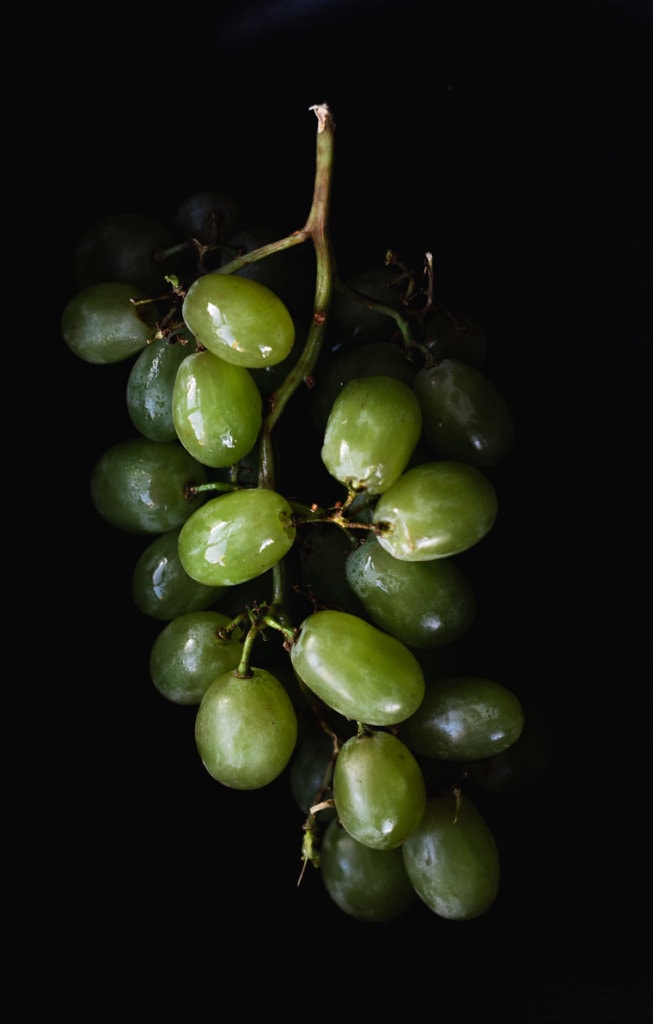

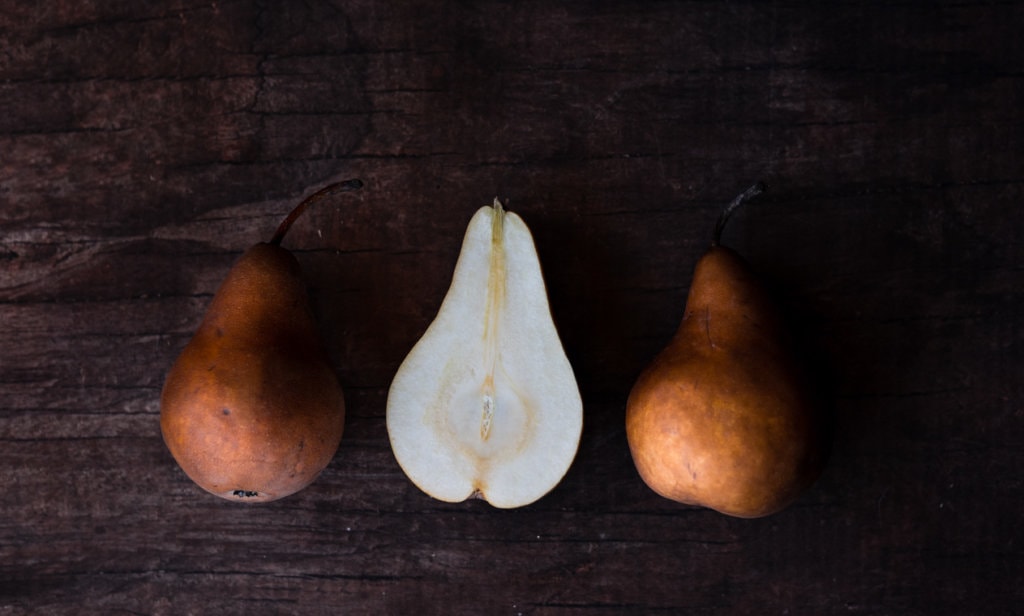

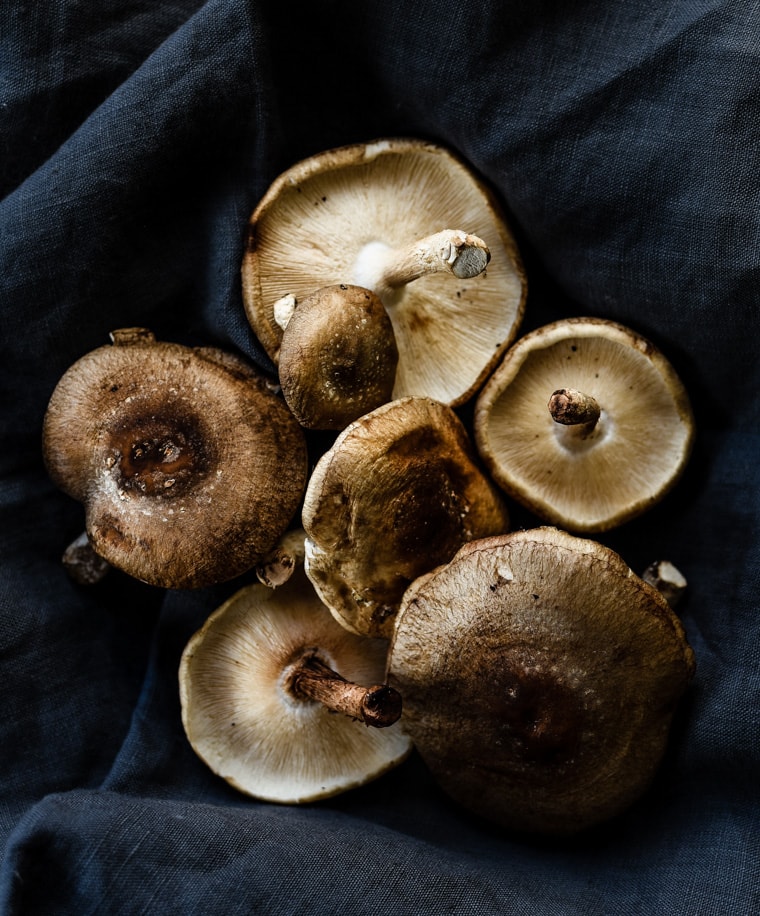

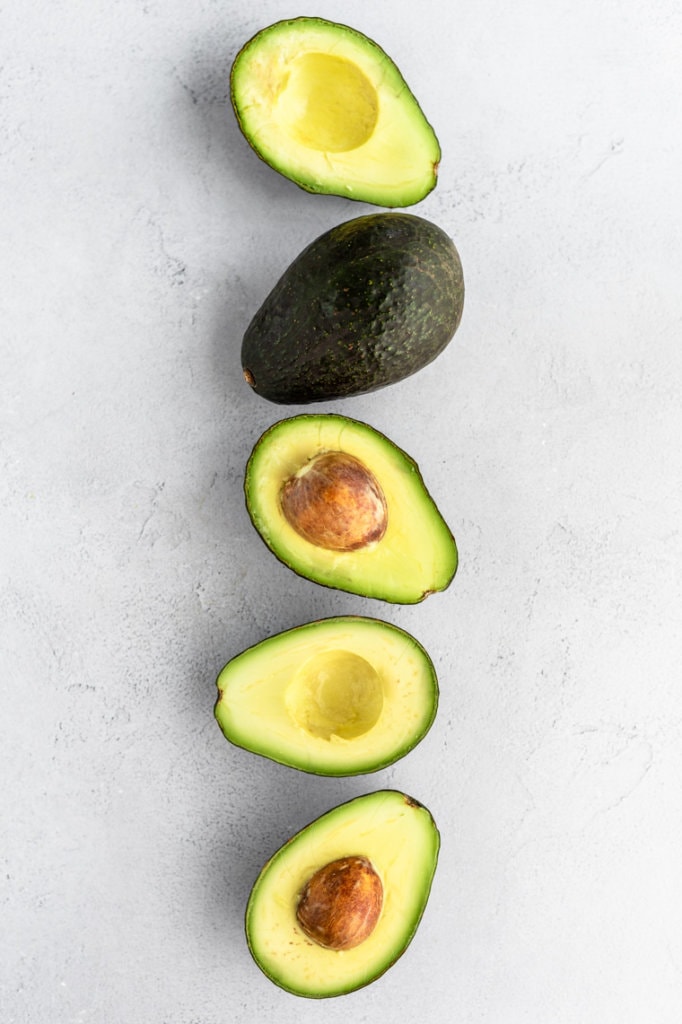
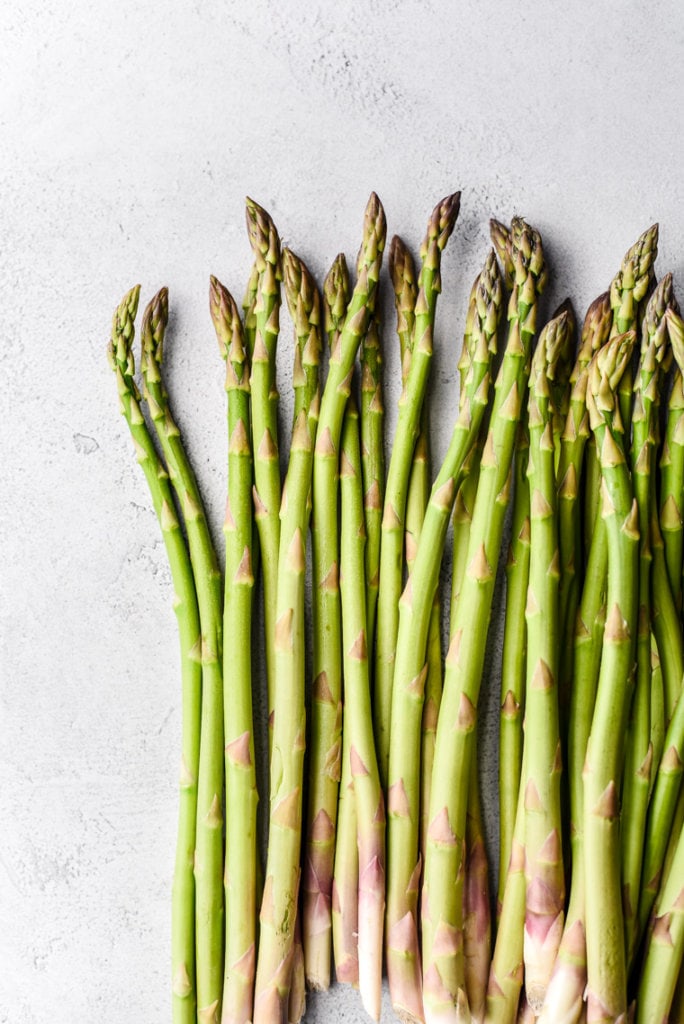
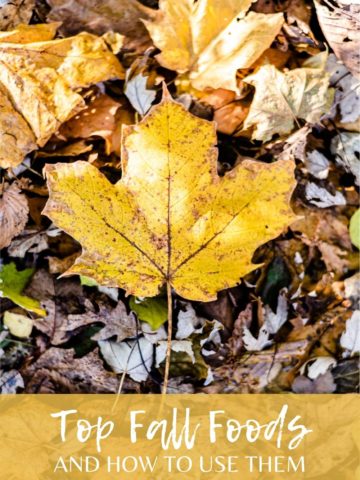
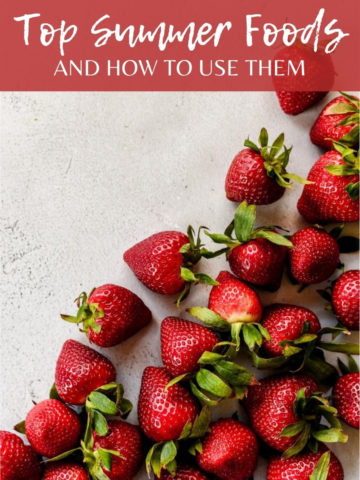
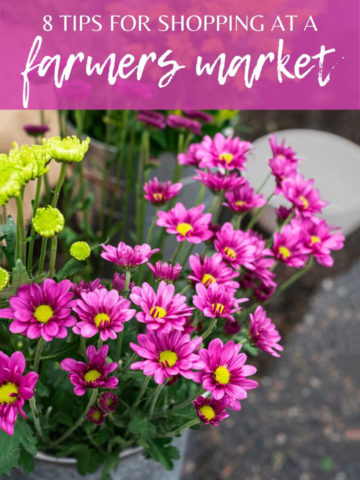
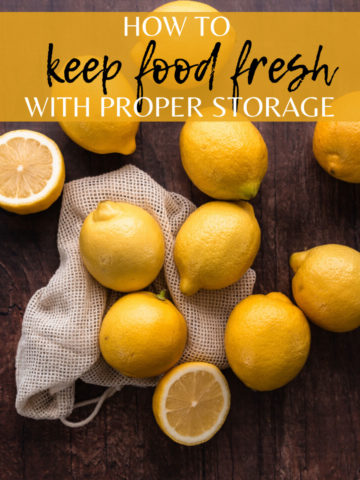

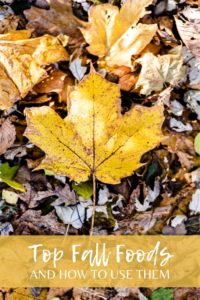
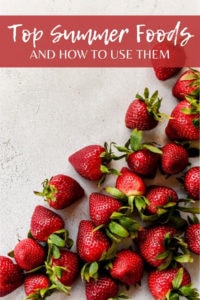

Leave a Reply